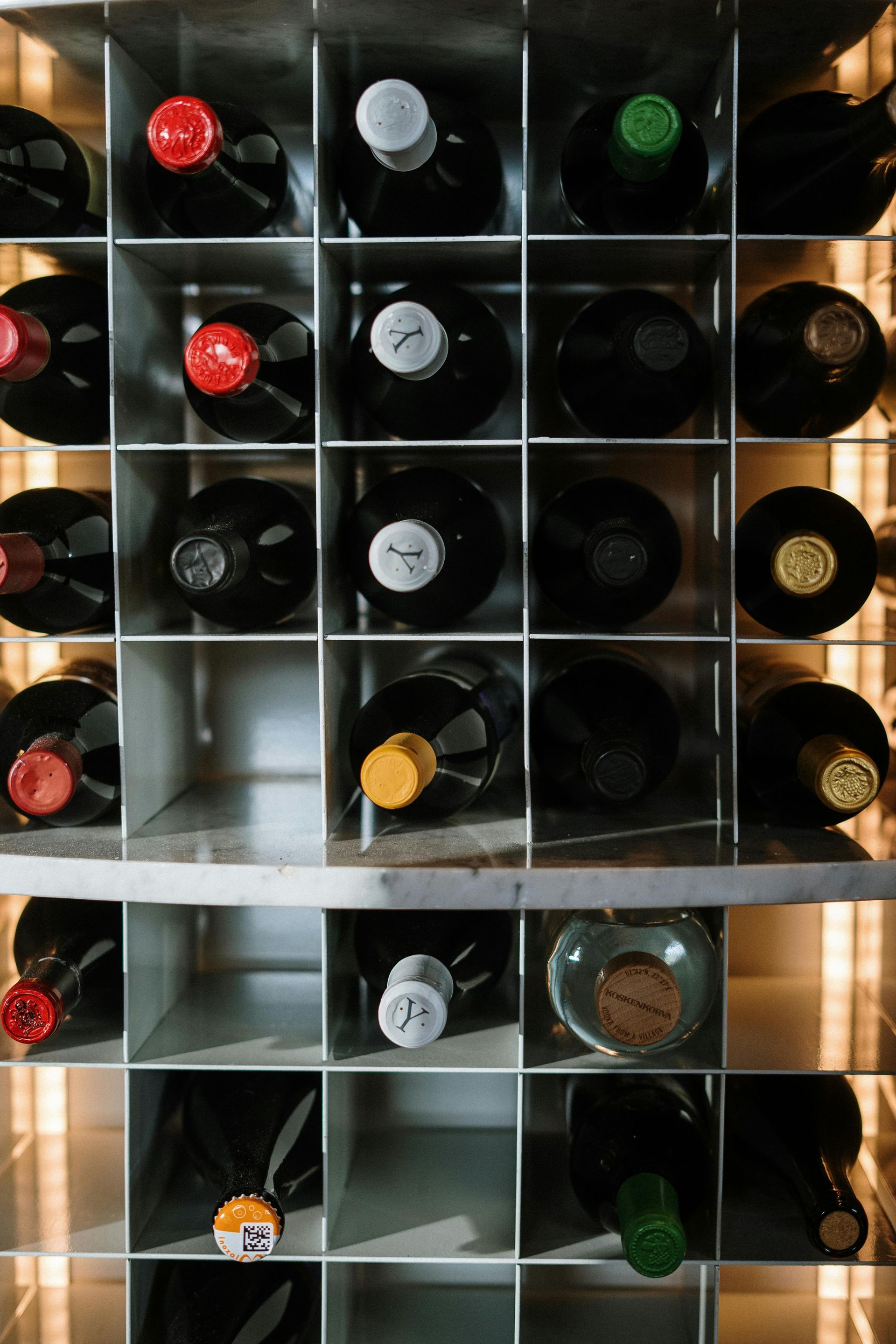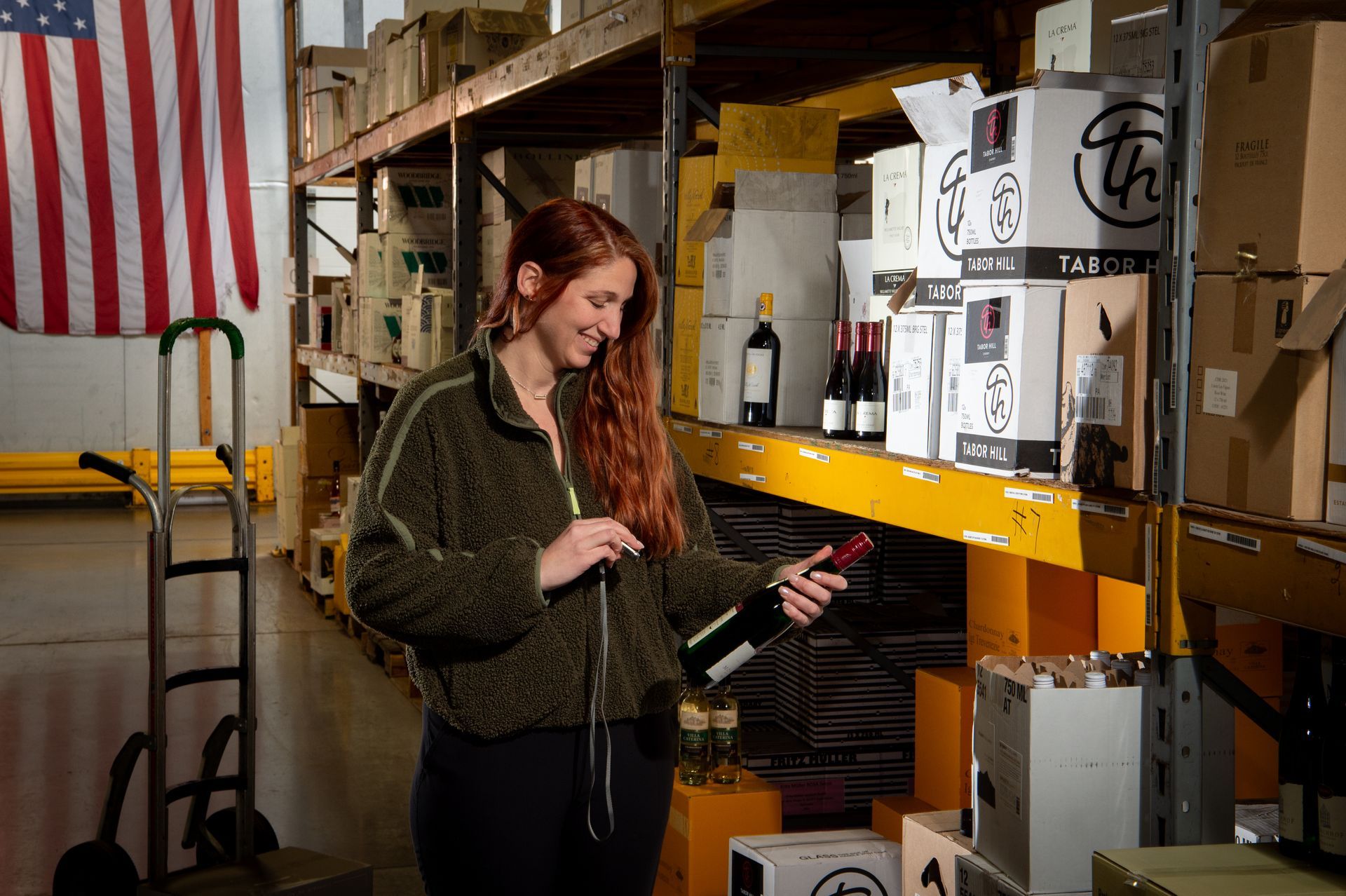Distributor News
Have a media inquiry for the MB&WWA?
Please contact Rebecca Stow, Marketing & Communications Manager:
(517) 482-5555 ext. 210

As we close out the year, I’ve found myself reflecting on the milestones our industry has achieved and the people who made them possible. The skilled professionals who work in Michigan’s beer and wine distribution industry often start with a job that evolves into a long, fulfilling career with family-owned businesses deeply rooted in the communities they serve. Throughout 2025, the Michigan Beer & Wine Wholesalers Association was proud to share the stories of over 100 individuals from across our industry, including women leaders, logistics professionals, truck drivers, veterans, salespeople, and more. We posed a simple question: What do you love most about working in beer and wine distribution? Across each campaign, a clear theme emerged among the answers: the people. Michigan’s independent beer and wine distributors support more than 6,400 jobs statewide, and each one involves building relationships. Whether helping a new restaurant choose the perfect draft lineup or wine list, sharing knowledge about new products and trends, making a delivery, or supporting a team member through their first big sale, these individuals take pride in working together to help their business partners and communities thrive. They know that success in the beer and wine industry isn’t just about what’s in the bottle—it’s about the people behind it. Throughout the holiday season and beyond, beer and wine distributors bring commitment and expertise to every aspect of this fast-paced, constantly evolving industry. They help consumers access a wide variety of quality products that are often shared during life’s big and small celebrations, bringing people together through shared experiences and traditions. The camaraderie in this industry sets it apart, creating meaningful work built on collaboration, trust, and shared success. Michigan’s beer and wine distributors are always seeking talented individuals to join their teams. From marketing, finance, and sales to warehouse operations, truck driving, or other essential roles, there are many rewarding career paths to explore. We encourage anyone interested in a dynamic, people-focused industry to reach out to their local distributors and learn more about available opportunities. As we look ahead to a new year, the Michigan Beer & Wine Wholesalers Association remains committed to elevating and amplifying the remarkable work our distributors do. Their dedication turns everyday work into community impact and makes this industry truly exceptional. Spencer Nevins is the president of the Michigan Beer & Wine Wholesalers Association in Lansing.

LANSING, Mich. — The Michigan Beer & Wine Wholesalers Association (MB&WWA) is proud to announce the election of new executive officers and at-large directors. This leadership team will guide the MB&WWA over the next two years, continuing its efforts to support Michigan’s beer and wine distributors and drive the
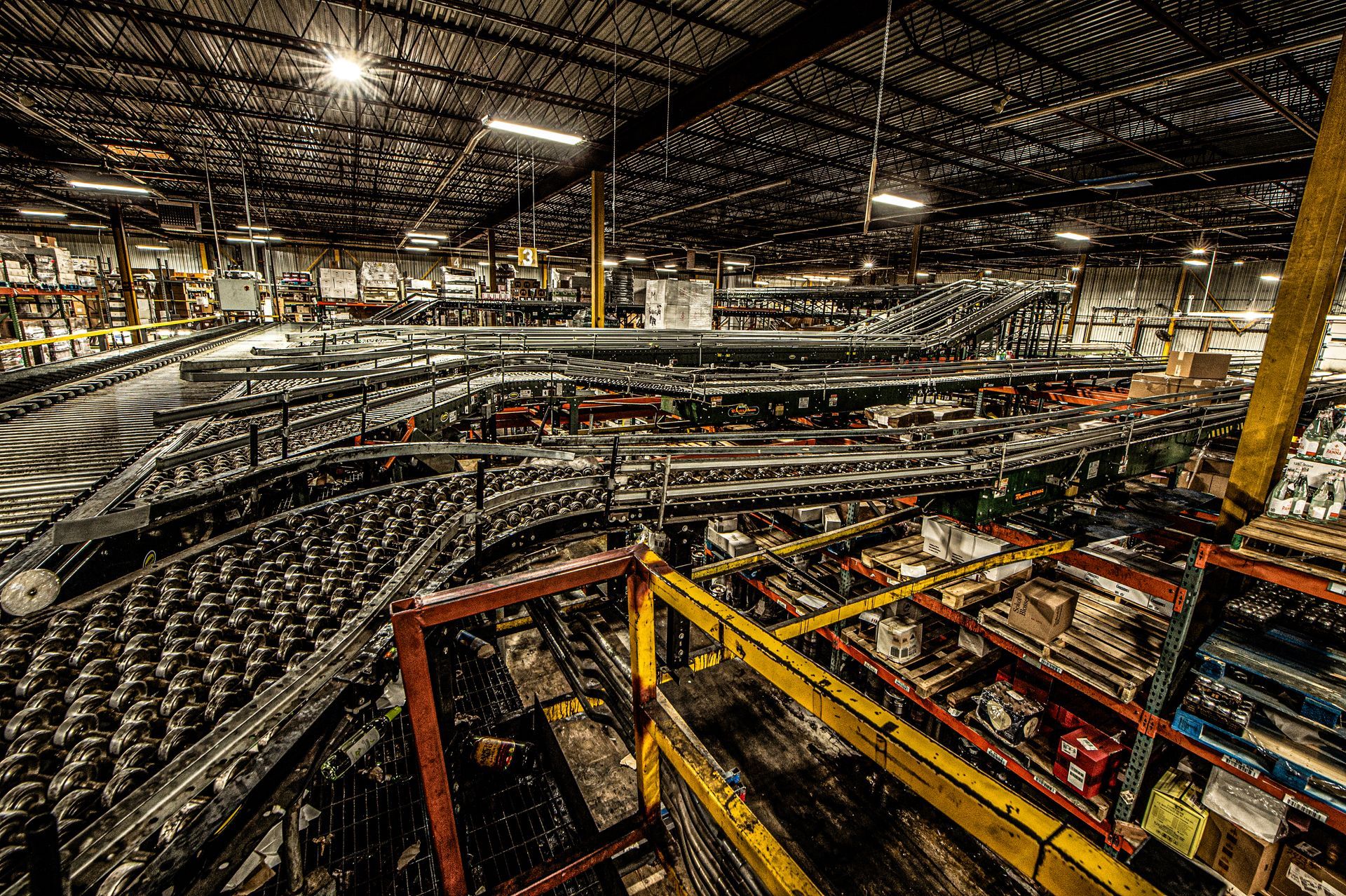
HIGHLAND PARK, Mich. — Great Lakes Wine & Spirits, Michigan’s leading family-owned and operated wholesale alcohol distributor, today announced that it identified and removed from the Michigan market all units of High Noon Beach Variety Pack (12-pack) vodka seltzers that may have contained cans that were mislabeled as
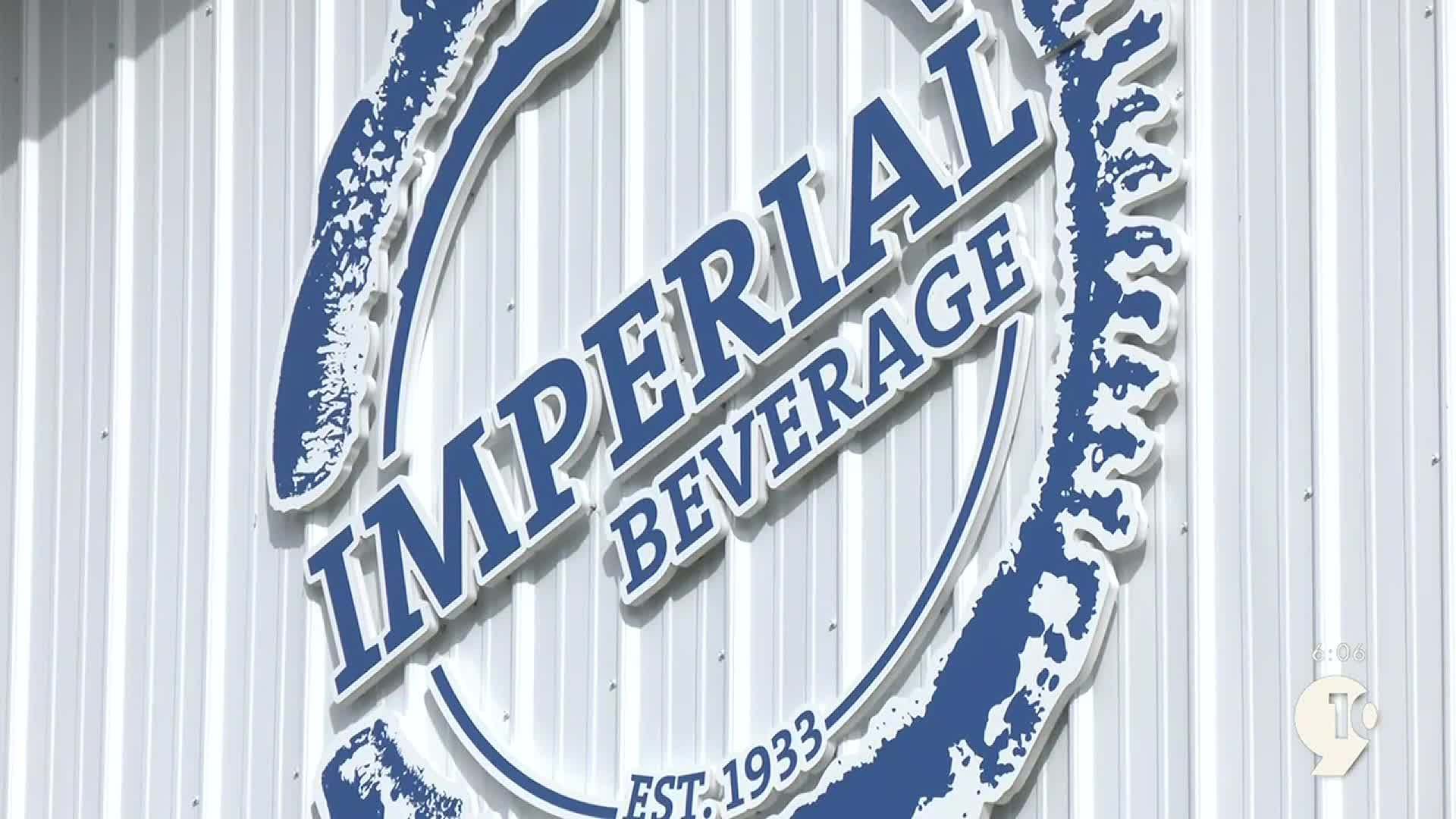
KALAMAZOO, Mich. – Imperial Beverage Company, a family-owned, statewide beer and wine distributor, is proud to announce the purchase of Carmela Wine Division, effective Monday, June 2. The acquisition expands the distributor’s portfolio by more than 1,500 products, increasing its selection of fine wines, craft beer and non-alcoholic options for customers across Michigan.
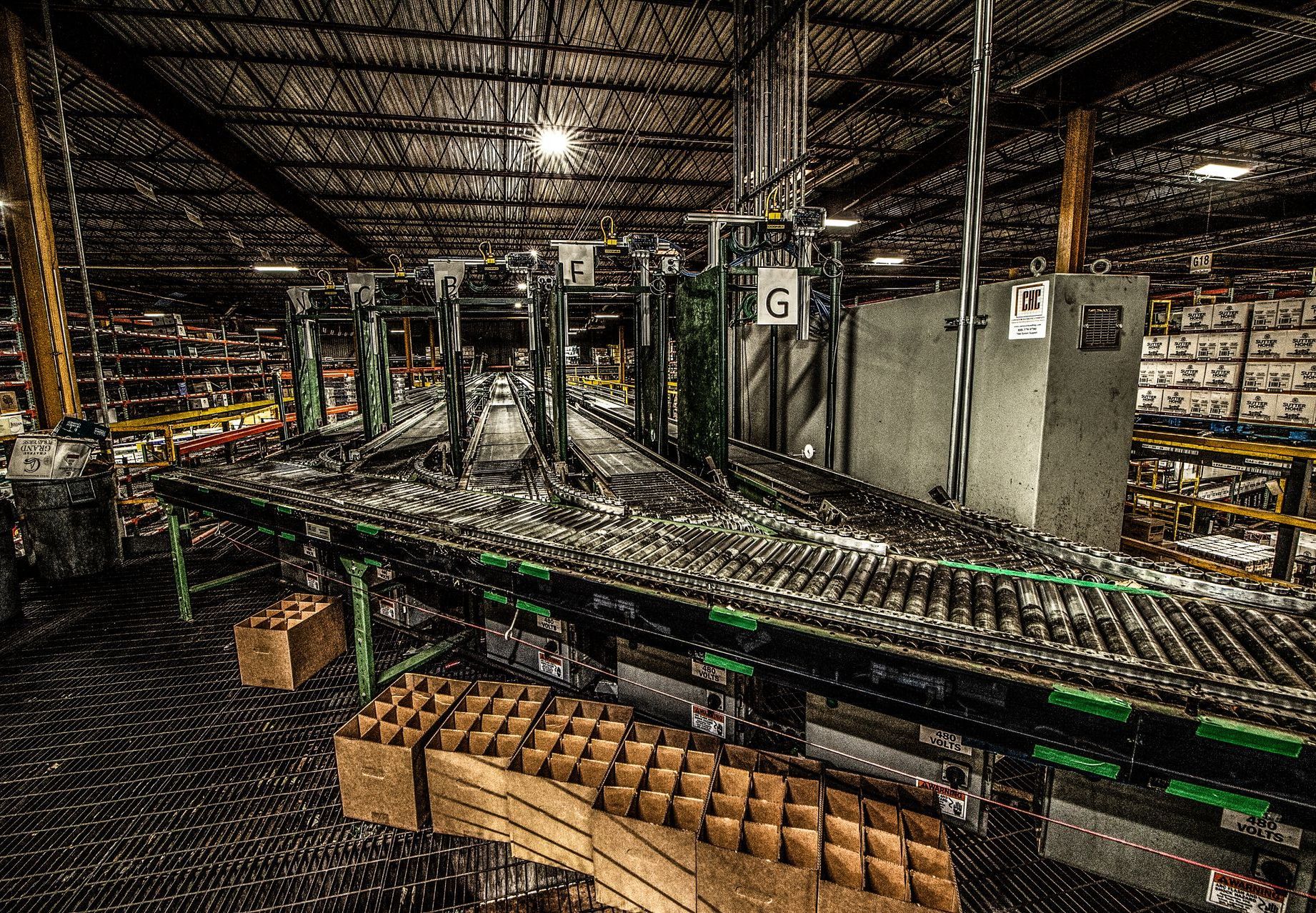
May is Small Business Month—a time to recognize the hardworking people who power our economy and invest in our communities. Among them are Michigan’s independent beer and wine distributors: local businesses that make it possible for your favorite beverages to reach your neighborhood stores, restaurants and bars.




